Camden Challenge Prize 2025: what we’re looking for

For the Camden Challenge Prize 2025, we’re seeking bold, practical, and thoughtful ideas that can make a meaningful impact on food waste and surplus in Camden. Your solution should be:
Innovative
Innovation simply means doing something in a new, creative, or more effective way. Your idea could be a physical product, a digital tool like an app or website, a service model, a new way of working, or even a clever adaptation of something that already exists. What matters most is that it brings a fresh approach to tackling the problem of food waste and surplus. If your idea involves an existing solution then it should improve on or reimagine it in a meaningful way. Whether it’s high-tech, low-tech, or no-tech, if your solution has fresh thinking with purpose, we want to see it.
Desirable
Your idea should be grounded in real-world needs and designed with the people it serves in mind, whether that’s customers, communities, or workers in the food sector. It should have a positive social impact and demonstrate strong potential to be embraced by the intended audience.
Feasible
Your idea should be able to be implemented in the real world. It needs to fit well within the current food ecosystem, leverage suitable technologies, and be backed by a capable team with the skills and experience necessary to bring it to life successfully.
Viable
Applicants must present a realistic and actionable business model that demonstrates the potential for long-term sustainability and growth. The solution should not be a one-off project or initiative but instead be designed to operate independently and continue to generate value over time. We’re looking for solutions that can sustain themselves and scale effectively, without relying on grant funding in the longer term. These could include offshoots, strategic partnerships, monetisation plans, a clear pathway to profitability, or a well-structured not-for-profit model focused on achieving lasting social or environmental impact. The business model should reflect a commitment to long-term sustainability, adaptability to changing market conditions, and an ongoing ability to meet evolving needs.

